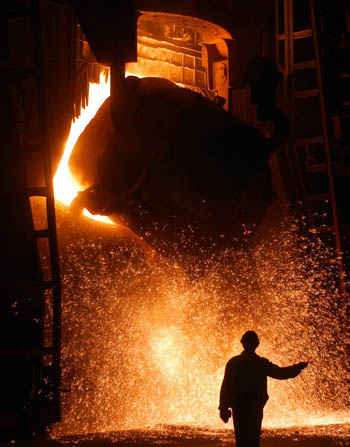| Tools: Save | Print | E-mail | Most Read |
| China Questions and Answers |
| Adjust font size: |
Q: After the new China was founded in 1949, the country started its march on socialist road. Why did China put forward the policy of reform and opening to the outside world in 1978? At present, many countries are trying to carry out reforms, but their results differ. Compared to reforms in other countries, how did the Chinese reform achieve successes? A: After the "new China" was founded, the country China adopted a centralized planned economy after the economic mode of the former Soviet Union. That kind of economy played an important role given the historical conditions of that time. However, with the expansion of economic scope and increasing complexity in economic relations, defects of rigidity and over-centralization of the planned economy gradually stood out. These defects, coupled with egalitarian distribution, failed to bring productivity into full play, which in turn resulted in a shortage of production materials and poverty of the people. They also blocked the development of social productive forces. The situation forced China to implement the reform and the open policy. More than 20 years of practice has demonstrated that the reforms and the open policy not only have injected new vigor into China's socialist system, but also have made the country more powerful and its people richer.
|
| Tools: Save | Print | E-mail | Most Read |
 |
| Related Stories |
|
Product Directory China Search |
Country Search Hot Buys |
